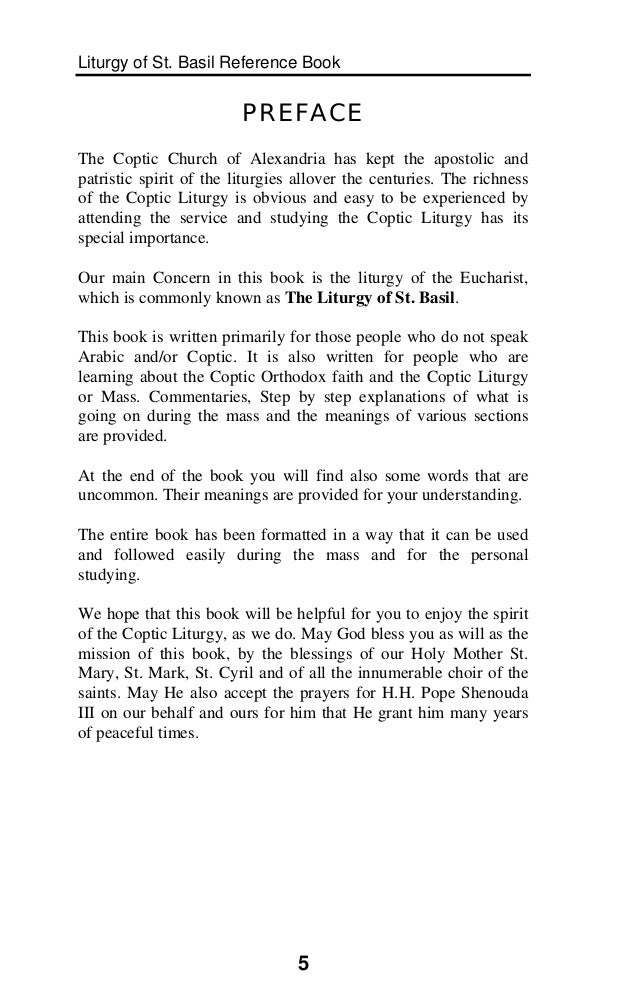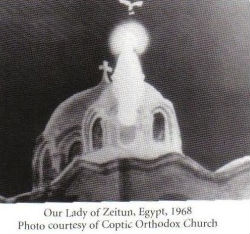

This common tradition of the perpetual virginity of Mary is one element in the well-established theology regarding the Theotokos in both East and West, a field of study known as Mariology. It is also distinct from the dogma of the Immaculate Conception of Mary, which relates to the conception of the Virgin Mary herself without any stain ("macula" in Latin) of original sin. as a doctrine that is an essential part of the faith and thus has the highest degree of certainty, states that Mary was a virgin before, during and after giving birth, and so covers much more than the doctrine of her virginal conception of Jesus, often referred to as the virgin birth of Jesus.

The doctrine of the perpetual virginity of Mary, which is believed as de fide, i.e. Thus, according to this teaching, Mary was ever-virgin (Greek ἀειπάρθενος, aeiparthenos) for the whole of her life, making Jesus her only biological son, whose conception and birth are held to be miraculous. In Lutheranism, the perpetual virginity of Mary is an open question, although some Lutherans would opine that it is true. The perpetual virginity of Mary, Mary's "real and perpetual virginity even in the act of giving birth to the Son of God made Man", is part of the teaching of Roman Catholicism, Eastern, and Oriental Orthodoxy, as expressed in their liturgies, in which they repeatedly refer to Mary as "ever virgin".


 0 kommentar(er)
0 kommentar(er)
